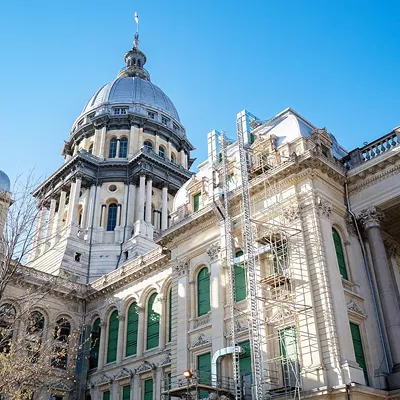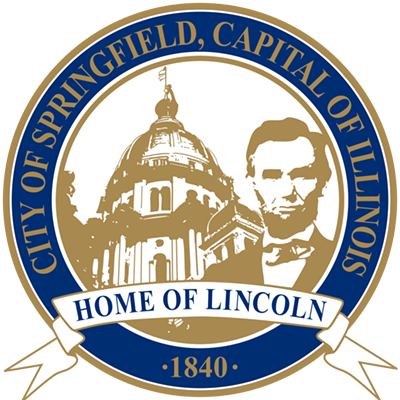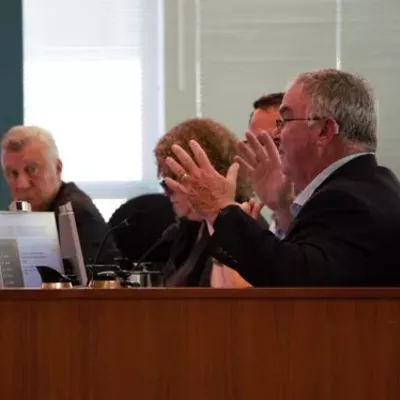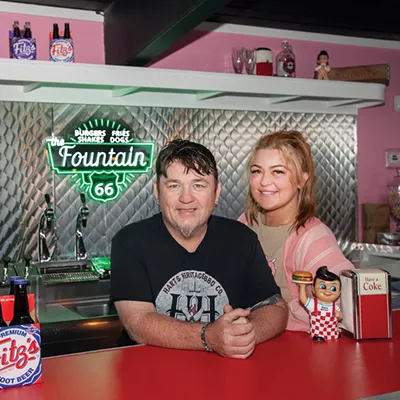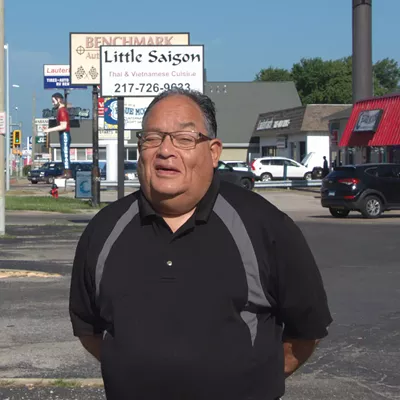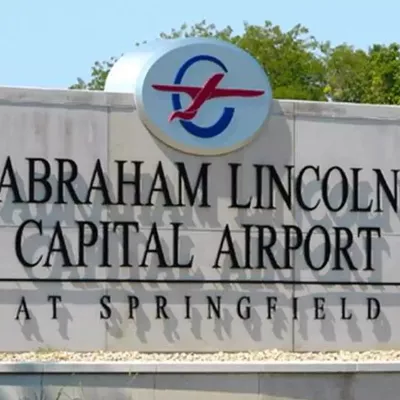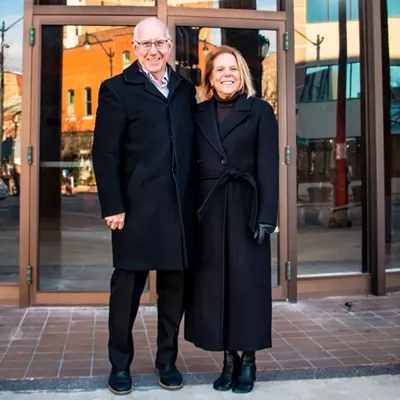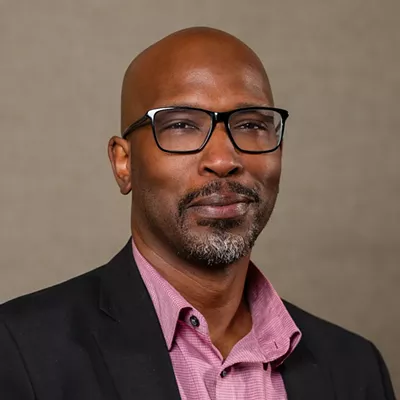Developers in Springfield will face fewer hurdles for project approval following a city council vote Tuesday that changed the definition of what constitutes a large scale development.
Under city ordinance, the Springfield City Council must approve large scale developments, and Tuesday's vote developments will be considered large scale when taking place on at least 12 acres of land, rather than the former five-acre threshold.
Proponents said the change will allow more development in Springfield, while critics said it will strip neighborhoods of a voice regarding developments in their midst.
City ordinance mandates that projects qualifying as large scale developments must submit plans to the city council proving that internal road and water supply systems meet city standards. Changing the definition of large scale developments thereby changes the threshold to trigger city council oversight. Without city council approval of large scale developments, those projects can't obtain a building permit.
During discussion on the change, Springfield developer Courtney "Corky" Joyner told the city council that development projects - large scale or not - are already subject to thorough oversight. For example, he said, at least three state agencies oversee large developments to prevent loss of endangered species, water pollution and destruction of historic sites. Additionally, Joyner noted that the separate process to obtain a building permit involves the city's Building and Zoning Department reviewing plans from licensed architects and engineers.
"What we're talking about is moving the trigger a relatively small amount so some projects with two, three, four buildings on them can go to the building permit process if we follow the rules you guys have laid out," he said.
Springfield attorney Gordon Gates related a past case in which developer David Maulding sued the City of Springfield over a development proposal that got denied. In 2003, Maulding had proposed to build warehouses on the city's west side, but city officials convinced him to move the project to the east side and use federal grant money. Neighbors of the new site objected to the proposal, and the city council eventually voted it down. The resulting lawsuit from Maulding claimed the city couldn't deny a project that met all of the technical requirements. An appellate court eventually agreed with Maulding, awarding him damages. Gates said the case shows that projects meeting the city's technical requirements must be approved, regardless of the politics of the proposal.
"It is not a situation where you have some discretion at that point," Gates said. "Your discretion is at the front end, where you set the technical requirements."
Carol Kneedler, president of Springfield Inner City Older Neighborhoods, opposed the change, citing the need for consistent city planning and protection of property values. Kneedler said ICON isn't against development - only that which harms neighborhoods.
"It would eliminate opportunities for public input," she said. "The change you propose would allow the equivalent of a Walmart super center to be placed anywhere it would fit within the city without a word of public input."
Joyner noted in response that a project the size of a Walmart super center would be larger than 12 acres and would still trigger city council oversight.
The aldermen approved the acreage threshold by a vote of 9-1.
Additionally, aldermen considered a proposal to make projects of at least one-half acre containing multi-unit residential or storage units remain as large scale developments. That amendment was originally approved 8-1, but the aldermen later revisited the measure and voted it down.



